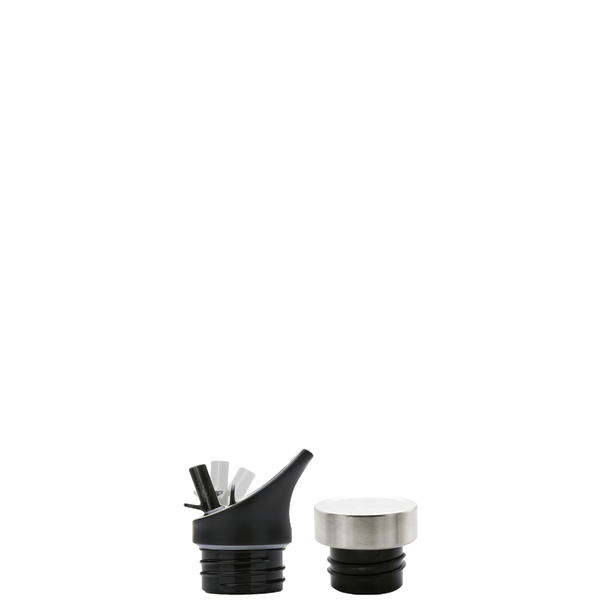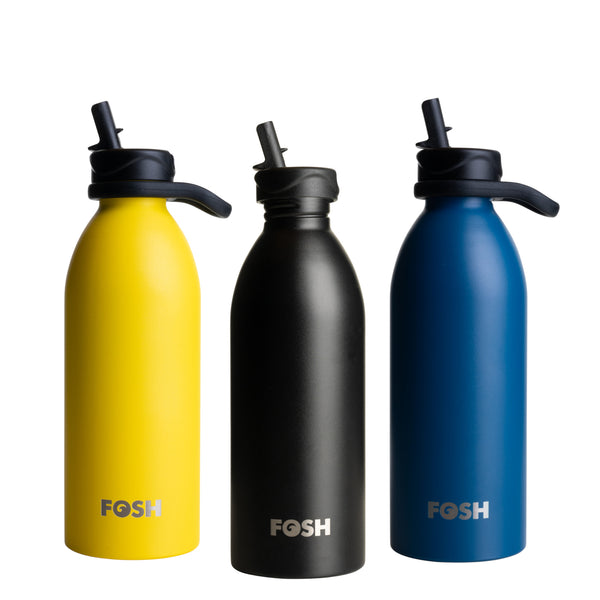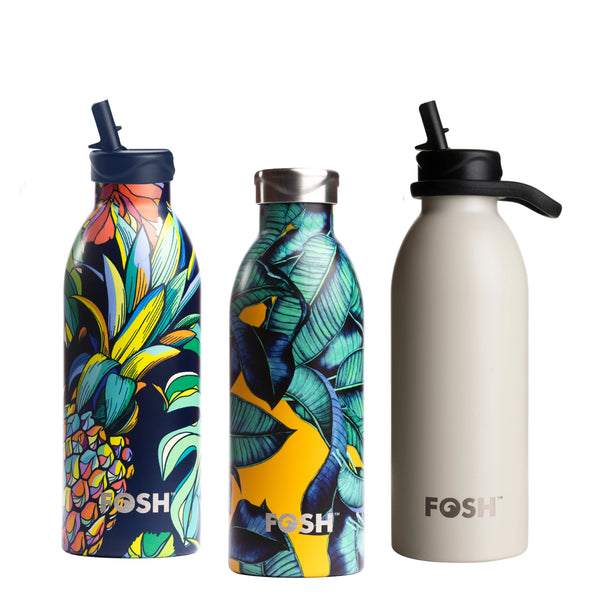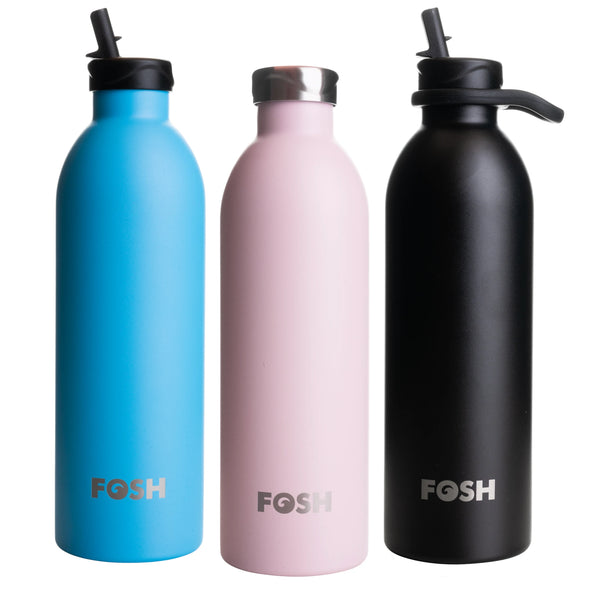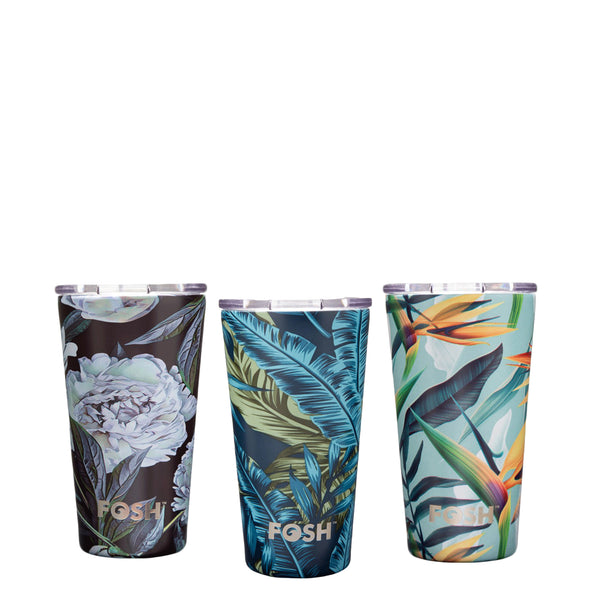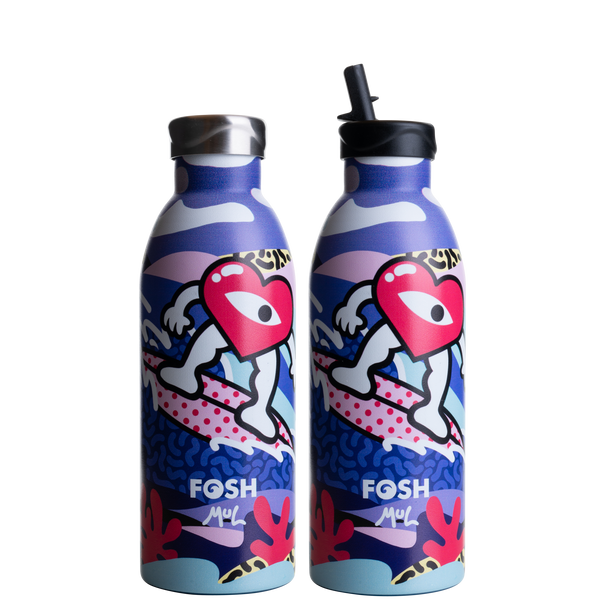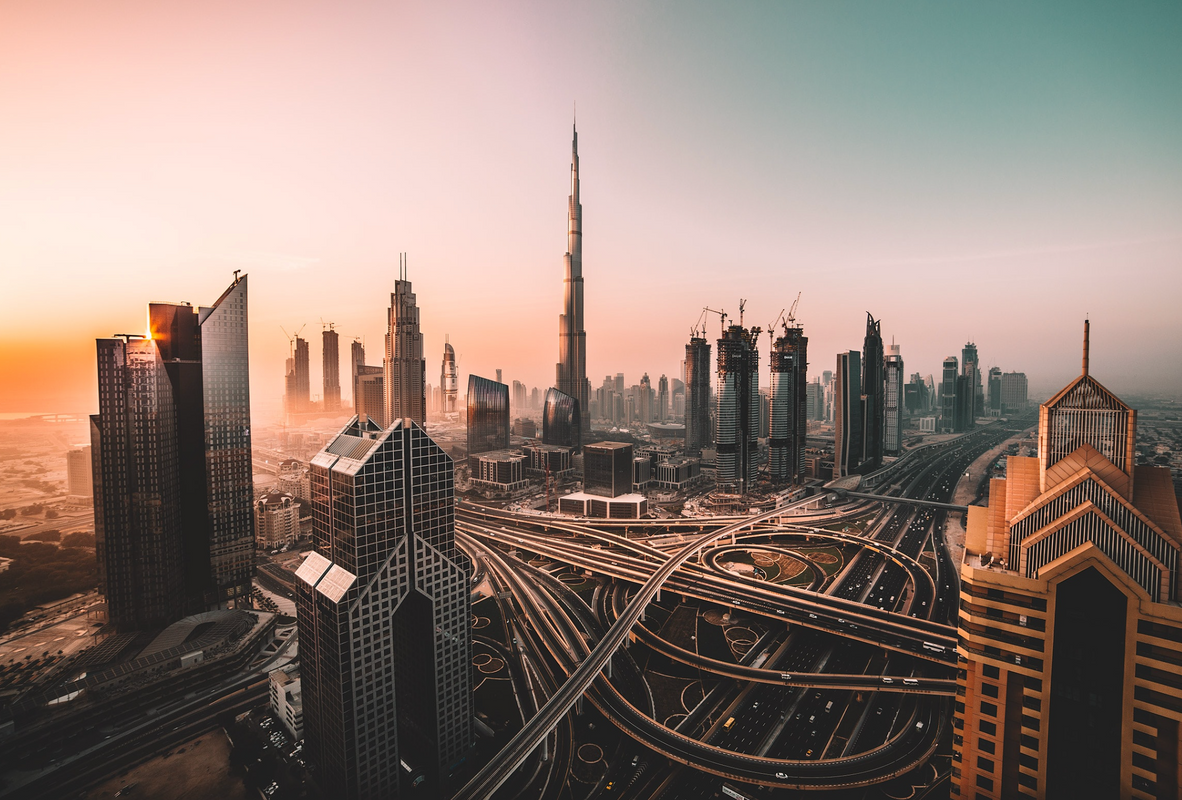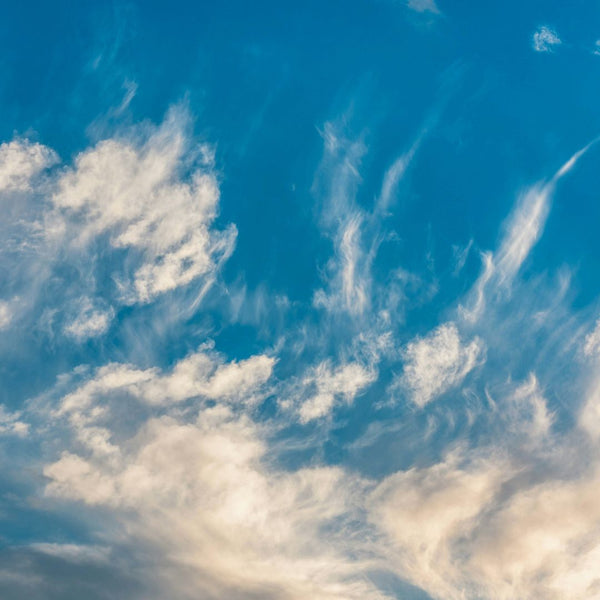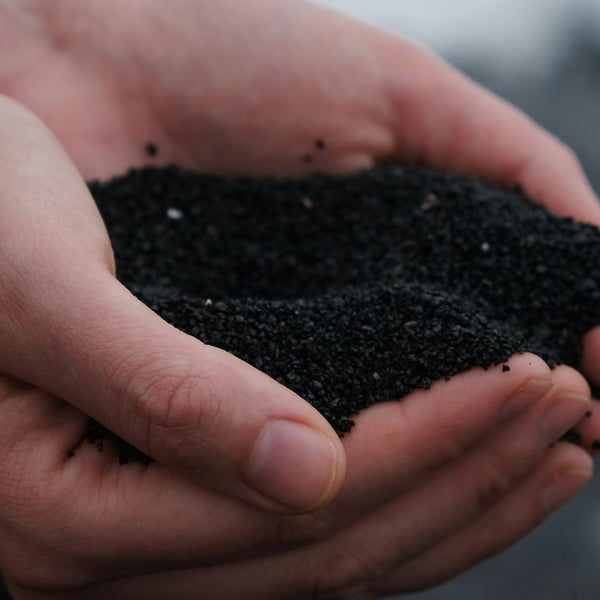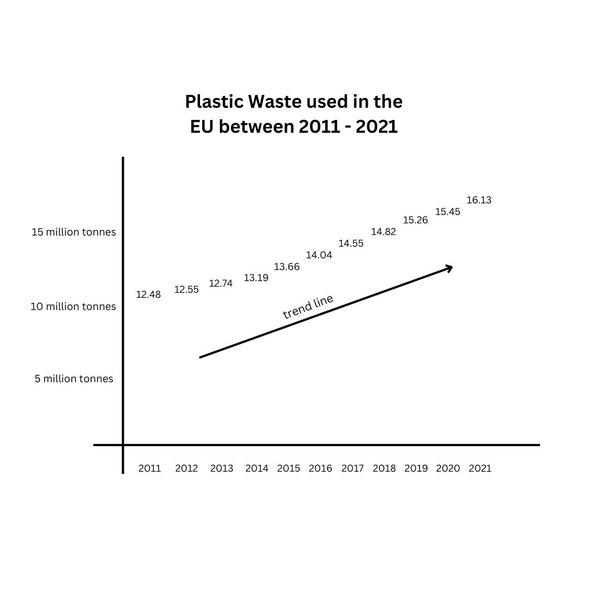- As part of a new Food Code in Dubai, restaurants would be encouraged to offer free tap water — from this year (2020) — to reduce the use of single-use plastics and assist the use of reusable water bottles
- Landlords would also be liable for the condition of water tanks in private residences
- Moreover, it would now be written into tenancy contracts that the landlord would have to arrange regular cleaning of water tanks in their building
Last year the Dubai Municipality said that as part of a 2020 amendment to the national Food Code, restaurants would be encouraged to offer free tap water to reduce the use of single-use plastics.
This was suggested at the sidelines of the Dubai International Food Safety Conference in November, where an official added that as part of the changes landlords would also be liable for the condition of water tanks in private residences. In addition it would now be written into tenancy contracts that the landlord would have to arrange regular cleaning.
Iman Al Bastaki, Director of the Food Safety Department at Dubai Municipality, said that the Food Code said nothing about making tap water mandatory in hotels and restaurants — and that tap water could only be consumed if tanks and pipes were cleaned, maintained and laboratory tested by Emirates International Accreditation Centre (EIAC)-approved facilities.
The Food Code says that if the hotel/restaurant is providing filtered tap water, it "must be safe". This is not a new requirement. The Food Code says that the water "must be potable, whether it is for bottles or ice". Don’t forget that ice is produced in machines that run on tap water.
Water before meter is safe
Effectively this means that the water before the meter is already safe, and Dubai Electricity and Water Authority (DEWA) confirmed this.
“The quality of the water that DEWA provides up to the meter meets the highest internationals standards and is in accordance with World Health Organisation (WHO) standards".
"However, DEWA recommends that all water tanks and internal connections be in accordance with its specifications. Tanks should be regularly cleaned and maintained to prevent blockages and ensure the quality of the water.”

However, despite the safety of water and even with EIAC approvals, which restaurants clearly have to obtain to get a food safety licence, it seems it will not be mandatory for restaurants to offer free tap water, yet.
How are environmentalists viewing the issue? They are seeing the clarification as a positive move and believe that it is evidence that fruitful discussions are ongoing.
“I tried not to see it as a retraction, but as Dubai Municipality being very specific,” said Tatiana Antonelli Abella, the founder and managing director of Goumbook, a Dubai-based social enterprise dedicated to sustainability that launched ‘Drop It’, a campaign to cut back on single-use plastic use, in 2016.
“At the moment, [offering free tap water] is not something that can be mandatory, it’s also related to whether it should it be free or not. It is something that needs to come with more regulation,” she said.
“The authorities are already good at encouraging it [drinking tap water] and it’s very important we correct the huge misconception that tap water is not drinkable. A lot of local bottled water is tap water anyway,” she added.
“For a government body to issue statements even to clarify this is very encouraging. So, these are positive signs,” said Antonelli Abella.
Moves against single-use plastics

In the midst of all this, Dubai Airports announced that they are banning all single use plastics from this year, and Abu Dhabi declared efforts to ‘substantially’ reduce single use plastic by 2021.
Entities such as the Knowledge and Human Development Authority (KHDA) and Dubai Municipality’s food court are also switching to tap water, so it is on the wider agenda.
The UN have called for global action to beat plastic pollution.
The numbers are daunting: from 400 million tonnes of plastic waste produced each year, 36 per cent is single use, and water bottles are a big offender, especially in this region where the prevalence and trend for buying bottled water is so high.
"400 million tonnes of plastic waste produced every year, of which 36% is single-use"
At the heart of the debate is the desire for the UAE to become sustainable, the Expo 2020 is a world event and as such they risk their reputation if seen to be ignoring such a great issue of today's times. we salute the efforts they are making and wish the area well for the future. We also wish them a truly fantastic Expo later this year, hopefully single-use plastic free!
For more information of reusable water bottles go to www.foshbottle.com
